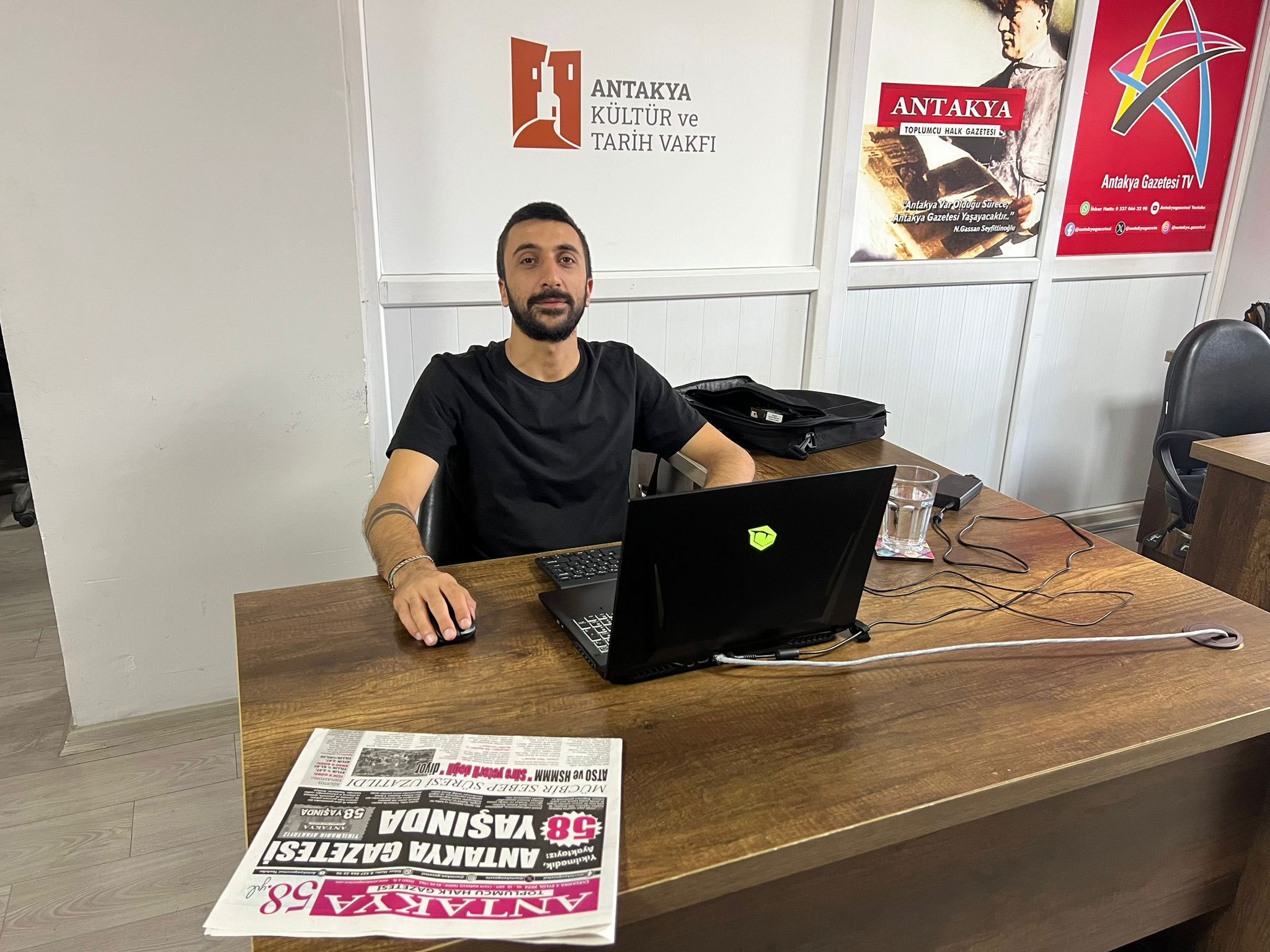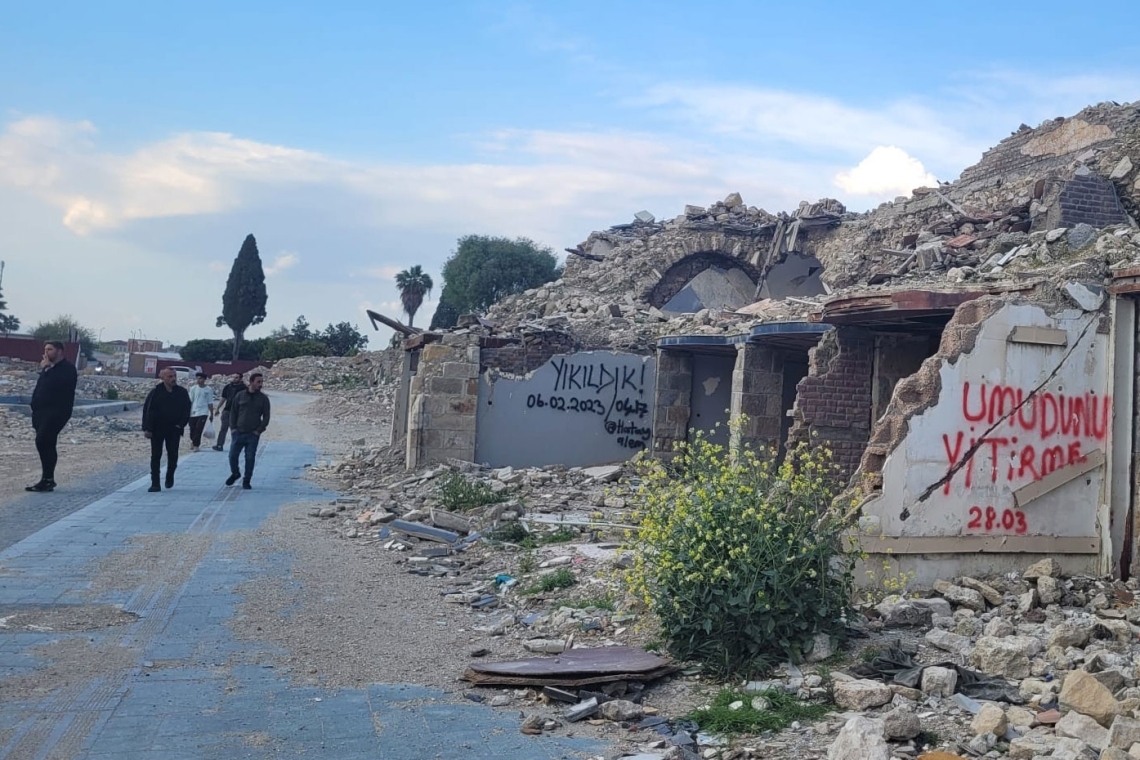Journalists in Hatay struggle to report while living through earthquake aftermath
The devastating earthquakes on February 6, 2023, reshaped the region of Hatay, leaving both the physical and emotional landscape in ruins. Journalists from the region, who are both victims and storytellers of the disaster, face immense challenges reporting from the still-recovering city.
Burcu Özkaya Günaydın, a freelance journalist, reflects on the struggles she and her colleagues face: "It's hard to describe the devastation with words. Nineteen months later, the city is still grappling with problems in transportation, education, and housing. Living here is difficult, and so is reporting."
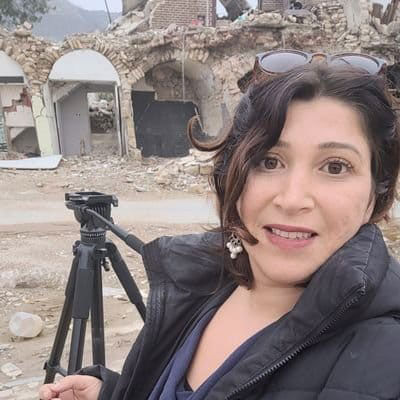
Journalists find themselves in ironic situations, such as being unable to cover transportation issues because of the lack of transportation, or reporting on housing difficulties while living in tents or containers. "Have you ever gone to report on a 'transportation issue' only to be unable to reach the site due to the lack of transport?" she asks. These hardships have become a daily routine for Hatay’s reporters, many of whom live in the same conditions they are reporting on.
Barriers to reporting in Hatay
The city of Hatay remains in disarray, with housing shortages, healthcare problems, and widespread poverty. Journalists covering these topics are often themselves part of the stories, living through the same struggles as the people they report on. “The living conditions and the journalistic work in this city are intertwined,” says Günaydın.
While trying to cover pressing local issues—such as unsafe demolition practices, the rising death toll of street animals, or concerns over designated "reserve areas"—reporters frequently face physical or legal barriers. Günaydın recalls being threatened by the owner of a cement factory after reporting on dust pollution affecting a container settlement nearby. Protests about reserve areas are often met with intervention, and journalists attempting to cover these events can face harassment or physical restraint.
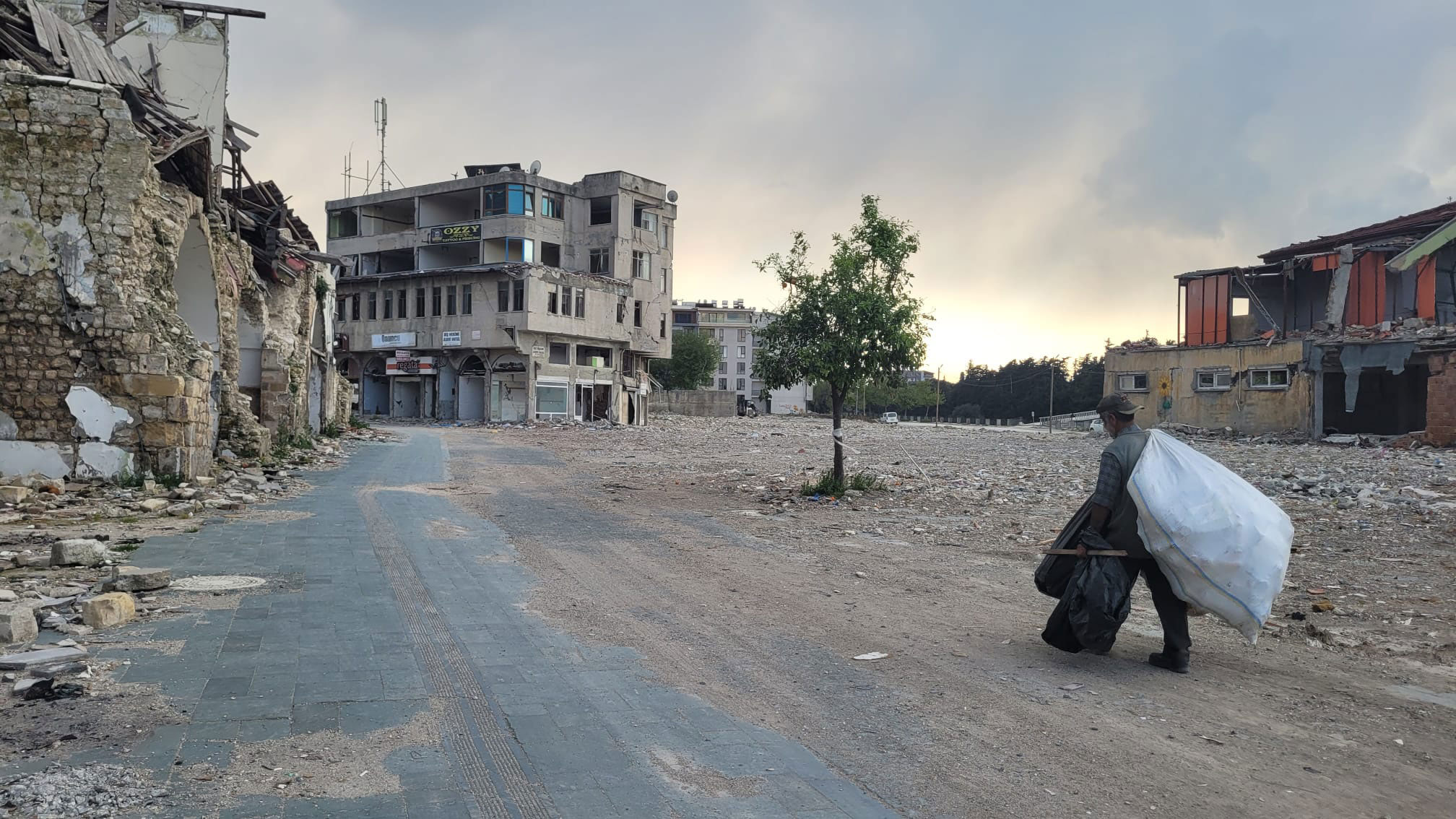
Legal rights and lack of support
Günaydın notes that many journalists working in disaster zones are not fully aware of their legal rights, making it easier for authorities or other entities to block their work. "When you're confronted by security forces, knowing your rights is crucial to preventing them from stopping you." However, there is a lack of sufficient legal education and support from journalist organizations in the field. She suggests that these organizations should offer more training and legal assistance to reporters working in disaster areas.
One of her key demands is the establishment of a fixed press container in disaster zones—a dedicated workspace with electricity, internet, and basic office supplies where local and visiting journalists can work effectively. Nineteen months after the earthquakes, this need remains unaddressed, reflecting the ongoing disruption to normal life in the region.
Journalists reflect on personal toll
Ali Aslan Dadük, a journalist based in Hatay’s Samandağ district, has been documenting the slow recovery process. He highlights the unequal pace of recovery in different regions, noting that Samandağ has been largely neglected. "Nineteen months after the earthquake, not a single home has been delivered here. The government moves faster in areas where it has electoral support," says Dadük. He believes it will take at least ten years for his town to recover at the current pace.
Dadük also points out the severe transportation issues faced by many of his colleagues, and he himself has been threatened for reporting on corruption involving government housing projects. Despite these threats, he continues to document the struggles of his community. "In Samandağ, people know us, so we don't often face confrontation with security forces. But outside of the area, particularly in Antakya, we do."
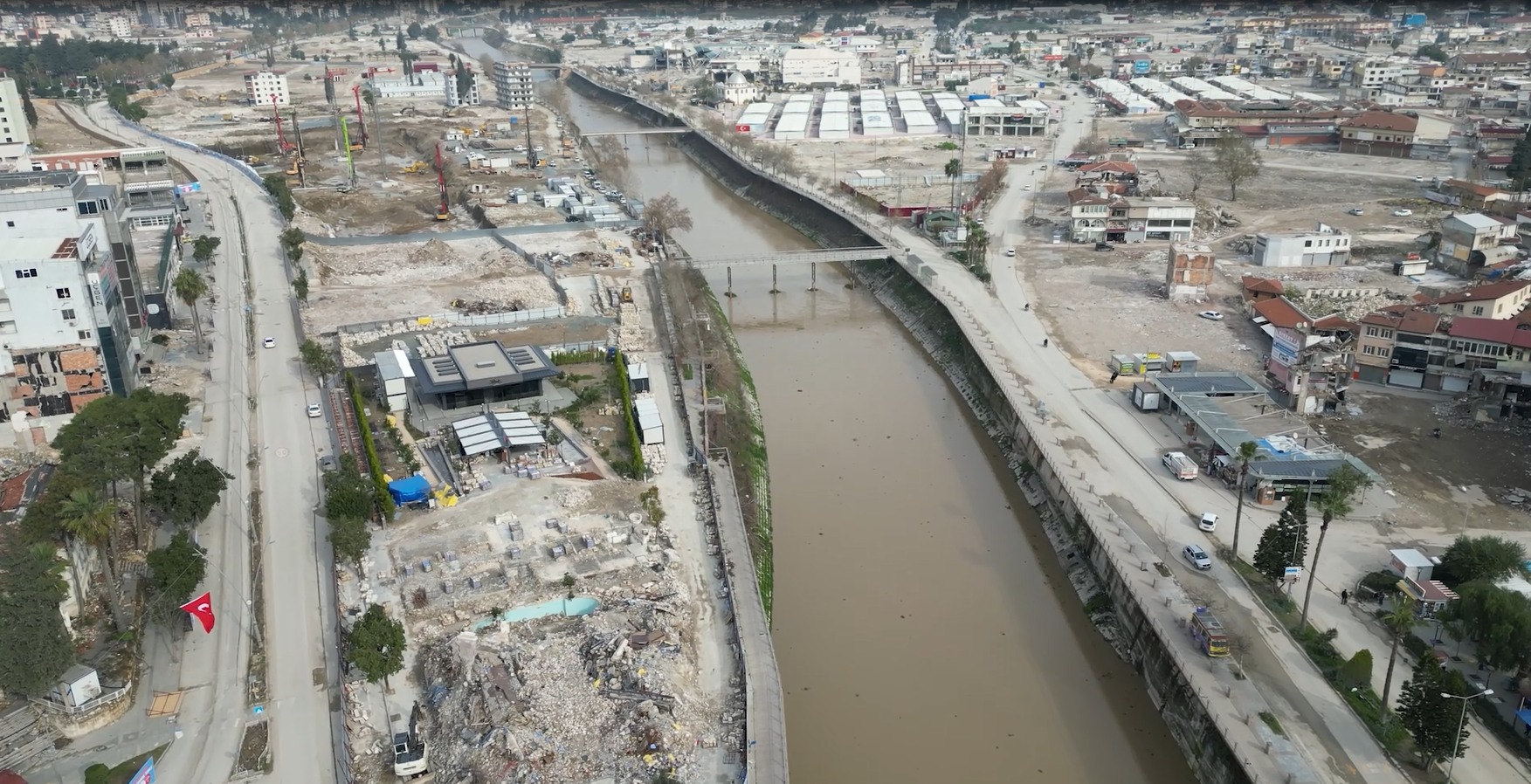
Lack of organizational support
Both Günaydın and Dadük express frustration over the lack of support from national journalist organizations. Dadük recalls how these organizations visited in the immediate aftermath of the quake, took pictures, and left, without providing any meaningful assistance. "We've received no help from journalist associations, either during or after the earthquake," he says. Instead, Dadük has focused on helping his community, even offering free advertising to local businesses on social media to help them recover.
The ongoing news cycle in Hatay
Volkan İçil, a reporter for the Antakya newspaper, describes the endless cycle of news in Hatay. "Every street and neighborhood here is full of stories," he says. While initially balancing journalism with search and rescue work, he is now one of the most active reporters in Antakya, covering the city’s slow recovery, infrastructure problems, and rebuilding efforts.
"Journalists in Hatay face incredibly tough conditions, even now," says İçil. Many still suffer from the trauma of the disaster and the ongoing challenges of living in a devastated region. He calls for psychological support programs for reporters and additional resources, such as vehicles, which would make it easier to cover stories in a region still suffering from a lack of public transportation.
Despite the adversity, journalists in Hatay continue to report on the struggles of their community, even as they live through them themselves. The recovery is slow, and for those on the ground, the need for solidarity and support—both material and emotional—remains pressing.
